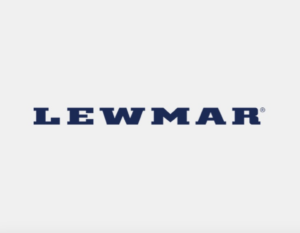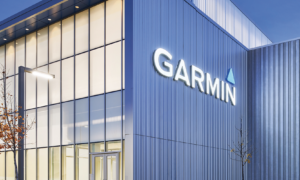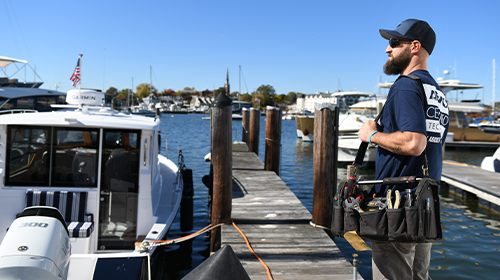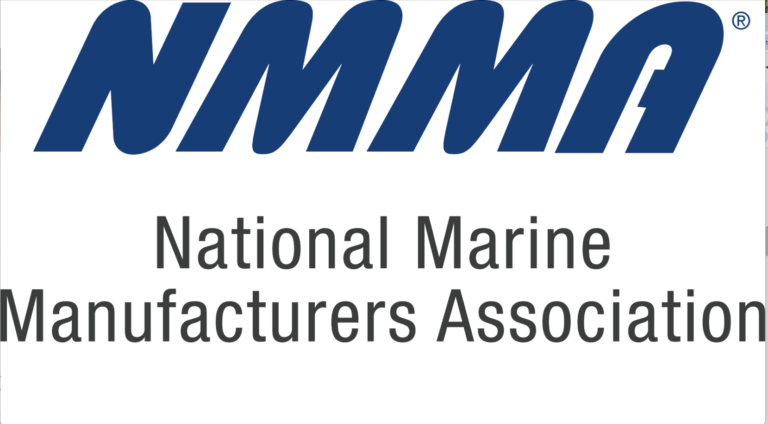
The boating industry is becoming a more diverse workforce, and that includes military veterans, who tend to conduct themselves with discipline. They typically have training that’s applicable to the job requirements for a marine technician. Veterans also display leadership qualities, respect for procedure, efficiency under pressure and, in some cases, a global perspective on technical trends. Businesses earn tax credits when they hire veterans.
As leaders in certification and training for marine service technicians, the American Boat and Yacht Council regularly receives questions about veteran education benefits. We’re often asked how someone can transition out of the military and into a marine industry job, and what skills may transfer to this new career. Here’s how a few military veterans found their way to the marine industry.
David Broadbent
ABYC director of education David Broadbent experienced firsthand what it means to transition out of the military and into the workforce. Broadbent moved from the U.S. Army to the marine industry through the Reserve Officers’ Training Corps, then attended the marine systems program at the IYRS School of Technology and Trades in Newport, R.I.
Broadbent grew up racing sailboats and knew he wanted to get into boating. Because he participated in the ROTC program, he went to college first and served second. “The biggest takeaway from the military for me was leadership skills and accountability,” he says. “Though you may think these skills aren’t that unique because they’re common in the military, they are harder skills to find outside and shouldn’t be undervalued.”
He says that the skills he learned, such as problem-solving, critical thinking, project management and discipline, are valuable to a career in the industry. “They set you up for success,” he says.
Christopher Keie
“Being in the marine industry is a relatively new career path I hadn’t considered before,” says Chris Keie, a former aviation radar technician in the U.S. Marine Corps who recently graduated from Great Lakes Boat Building School in Cedarville, Mich. “I was attending college when I came to the realization I wasn’t getting much out of it besides stress.”
He used G.I. bill benefits that became law in 2009 to graduate from the marine service technology program, earning ABYC Advisor certificates in diesel engines, gasoline engines, marine electrical and marine systems.
Keie recommends hiring veterans because of their attention to detail and patience. “These are two disciplines that stick out for me on a day-to-day basis,” he says. “Both are important for your safety and the safety of others.”
As for transitioning into a job in the marine industry, he adds, “I wish I knew about or considered it sooner than I did.”
Jim Smith
Like Broadbent, Jim Smith attended the IYRS School of Technology and Trades, but his path was different. “After a 34-year military career, followed by two years of true retirement, I was looking to re-engage in a setting that would interest me, but not bring with it the level of responsibility and stress associated with my military career,” he says. “I had been sailing and been a boat owner for almost as long as I was in the military, so I felt that I had a foundation for my next chapter.”
Smith qualified for Veteran Readiness and Employment benefits, and earned his ABYC Advisor certificates in diesel engines, marine electrical and marine systems.
“The absolute need for technicians and other service employees in the marine industry is very high,” he says. “Anyone looking for a trade that can lead directly to work should look at this option. I urge all veterans to reach out and use any of the multiple V.A. education programs that are available.”
Benefits Can Help
To Smith’s point, many veterans aren’t aware of the benefits available to them. They miss out on the chance to attend a training program that suits them best.
If you are a veteran, reach out to state veterans organizations, the U.S. Department of Veterans Affairs, marine trade associations and schools that offer training that interests you. And don’t wait until you are discharged; support and credentials such as tuition assistance and non-military certifications are available to many active-duty service members.
All ABYC Foundation marine trades accredited programs accept V.A. benefits. Some pay for tuition, some cover housing, and some apply only to in-state residents. Here’s where to find these programs: vfw.org/assistance/student-veterans-support; benefits.va.gov/gibill/; and va.gov/education/gi-bill-comparison-tool.

This article was originally published in the August 2022 issue.











